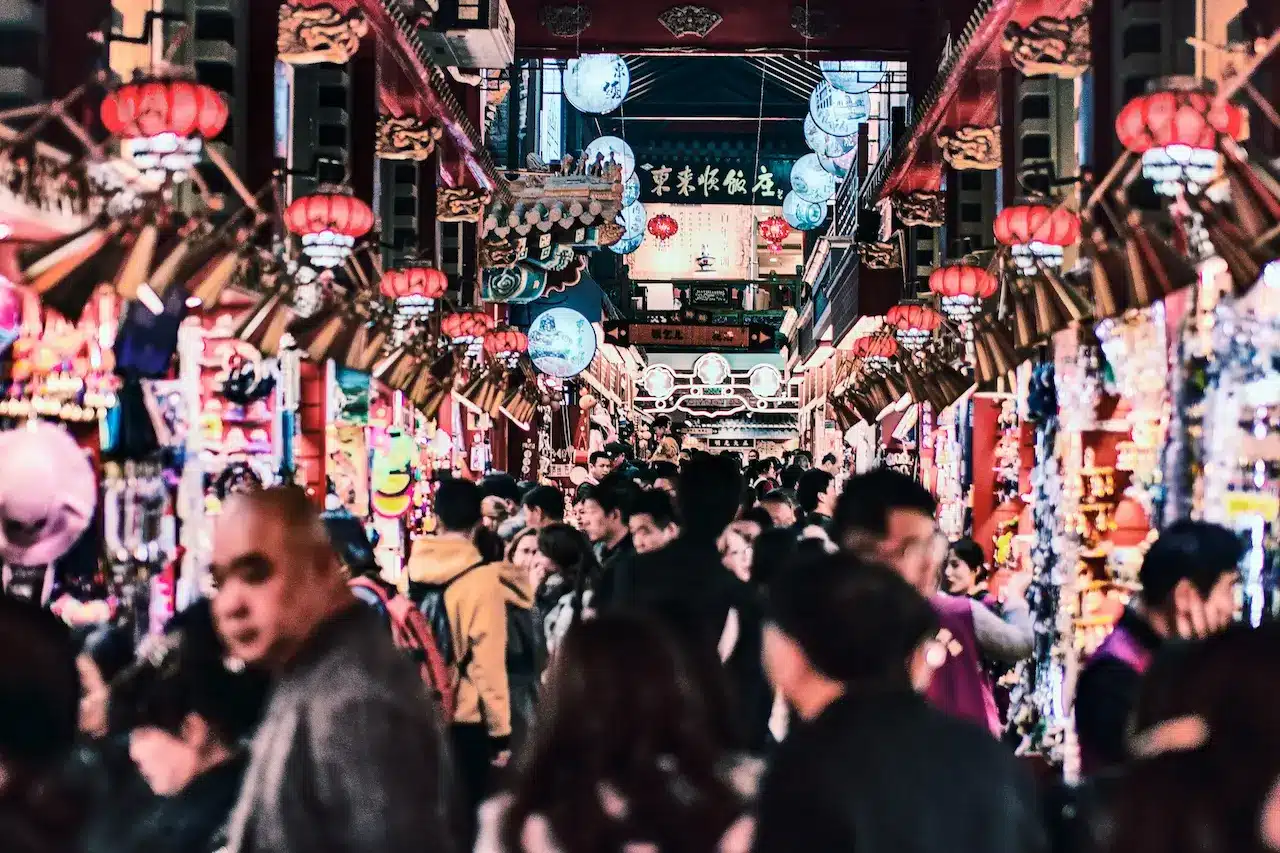The Dangers Of Chasing The Dragon
The Dangers Of Chasing The Dragon - Chinese Travelers
The global tourism industry seems to be popping its proverbial socks at the moment over the much-publicised boom in outbound travel from China, excited, no doubt, at the prospect of tapping into this “new” revenue stream. After all, China is the mother of all superpowers and, if all of the grovelling and forelock tugging coming from the US and Europe is to be believed, the most important driver of economic markets and future saviour of sustainability.
This display of double standards from the world’s political and corporate leaders is more than perplexing, especially for someone like me sitting in South Africa – a country which the world ostracised because of its fundamentally flawed politics and human rights violations. It was not ethically or morally acceptable to support South Africa during apartheid, but these days the world’s compass is driven by money, not morals.
The “West” (and by this I generalise by including so-called First World countries who may be geographically further east) has been kowtowing to the might of Beijing for a number of years now, seemingly without question or concern. I’ve watched as successive governments have fawned and stooped in their eagerness to climb into bed with the proverbial “red dragon” with nary a thought on principles and ethics, let alone basic issues such as human rights.
The Chinese PR machine has been omnipotent in its ability to hoodwink willing concubines into thinking that the relationships they indulge in are mutually beneficial, when actually they are nothing of the sort. They are and always will be in China’s best interests and are sufficiently sugar-coated only to ensure avid ingestion by the partner of choice.

The fear that those of us in the business of tourism and sustainability have is that once all of that saccharine has worn off and the indelible ink on the contract has dried, those same partners will slowly discover that they have done deals with the devil, and have sold-out lock, stock and several smoking barrels with no hope of ever buying their way back out.
That fear is most noticeable here in Africa, which China has been buying, nation by suffering, greedy nation, for the past decade. Desperation makes African governments cheap by comparison. Offer them a few roads, some basic infrastructure and a pile of money and they’re in like Flynn without any concern for the long-term consequences.
Those same consequences are, however, felt in the short-term, most notably in the rising demand for and consequent decimation of natural resources, from precious minerals to “softer” items like ivory, shark fins and rhino horn. Let us make no bones about the fact that in spite of countries like Vietnam, Thailand and Korea taking the fall for driving the trade in illegal animal parts, China is the market they are chiefly supplying through the back door, as it were. The fact is that Chinese demand for ivory, fins and horn far outstrips that of its far-eastern cousins.
It is not surprising that countries with dubious track records in environmental policy making and human rights do not think twice about doing business with China, but what is perplexing is that the alleged major powers of this world are so keen to sell the principles on which their democracies were founded to a country which is still under communist rule.
It may appear that capitalism has successfully infiltrated the corridors of Chinese socialism, but the revolution needed to finally push the stake of democracy, and transparency, through China’s red, beating heart has yet to take place. Until that time the country’s actual policies and manifestos remain clouded in rhetoric and speculation.
I have no doubt that there are an untold number of superbly educated, brilliant minds in China who are working for a better future for humankind. But they have no say in the government of their country, a country which openly practices barbarism at all levels of society while the rest of the world is paid to politely look the other way.

At the risk of over-generalising and appearing paranoid, I remain exceedingly cautious of China and wary of its motives. There is nothing that leads me to believe that China either aims to be a leading light for humankind or has the best interests of Planet Earth at heart. In fact, all hard evidence points actively to the contrary on both counts.
So while the world opens its arms to the outbound Chinese travel market and salivates at the prospect of making a fast buck on the back of Beijing, I worry at what the future really holds and where this is all leading.
My father (God rest his soul) had a phrase which, though flippant, quite appropriately sums up the approach I think the world should take with China and its far-eastern cohorts until such time they can demonstrate a willingness to change… He said: “Never trust a nation that eats dogs.”
As a dog lover and planet fan, I concur.
Sharon van Wyk, Pretoria, South Africa

